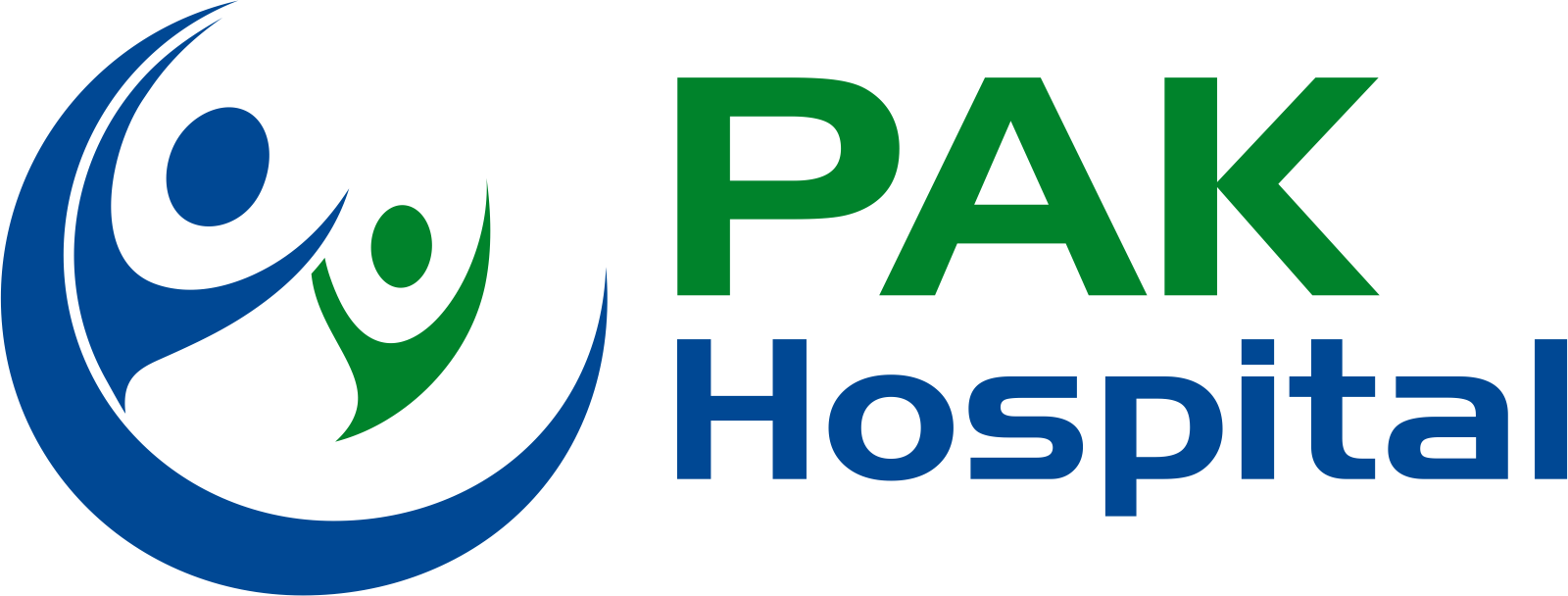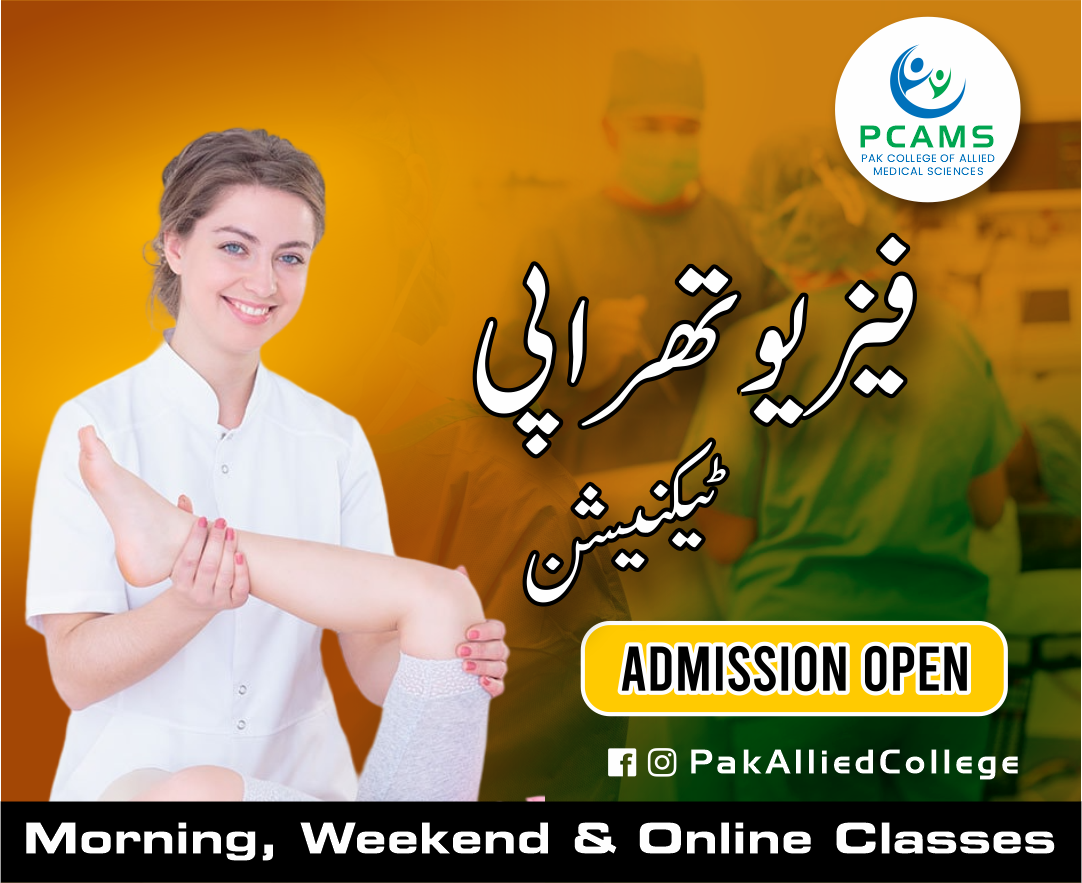A Physiotherapy Technician diploma program prepares individuals to assist physiotherapists in providing rehabilitation services to patients recovering from injuries or managing chronic conditions. Physiotherapy technicians play a vital role in supporting patients’ physical therapy goals and ensuring their safety and comfort during treatment sessions.
Key Components of a Physiotherapy Technician Diploma Program:
- Core Subjects:
- Anatomy and Physiology: Understanding the structure and function of the human body, particularly the musculoskeletal system.
- Kinesiology: Learning about human movement and biomechanics to assist in exercise prescription and rehabilitation.
- Physical Therapy Modalities: Training in the use of therapeutic modalities such as heat, cold, ultrasound, electrical stimulation, and traction.
- Therapeutic Exercise: Learning exercises and stretches prescribed by physiotherapists to improve strength, flexibility, and range of motion.
- Clinical Skills:
- Patient Assessment: Developing skills in conducting basic assessments, including measuring vital signs, range of motion, and muscle strength.
- Assisting Patients: Learning techniques for assisting patients with mobility, transfers, and positioning during therapy sessions.
- Applying Modalities: Hands-on training in applying various therapeutic modalities under the supervision of licensed physiotherapists.
- Professional Communication:
- Patient Interaction: Developing effective communication skills to interact with patients, explain procedures, and provide emotional support.
- Documentation: Understanding the importance of accurate and detailed documentation of patient progress and treatment sessions.
- Ethics and Professionalism:
- Ethical Standards: Learning about ethical principles in healthcare and maintaining patient confidentiality and privacy.
- Professional Behavior: Understanding the importance of professionalism, including punctuality, reliability, and respect for patients’ rights and dignity.
Benefits of a Physiotherapy Technician Diploma:
- Hands-on Experience: Gaining practical experience in assisting with patient care and rehabilitation under the guidance of experienced physiotherapists.
- Job Opportunities: Employment prospects in hospitals, rehabilitation centers, outpatient clinics, sports facilities, and long-term care facilities.
- Contribution to Patient Care: Playing a crucial role in helping patients recover from injuries, surgeries, or chronic conditions and improve their quality of life.
Program Duration and Prerequisites:
- Duration: Typically ranges from 6 months to 1 year, depending on the program structure and requirements.
- Prerequisites: Generally, a high school diploma or equivalent is required. Some programs may also require completion of prerequisite courses in biology, anatomy, or medical terminology.

